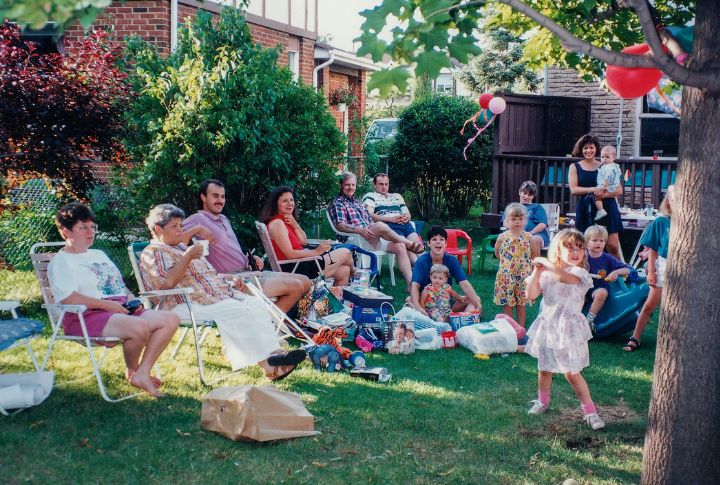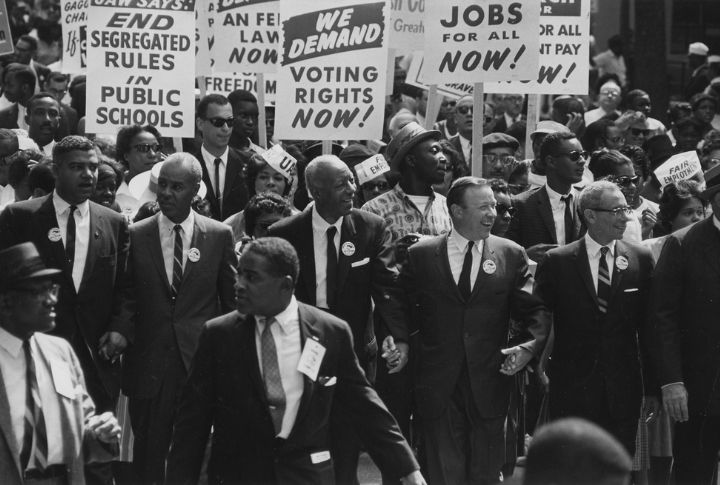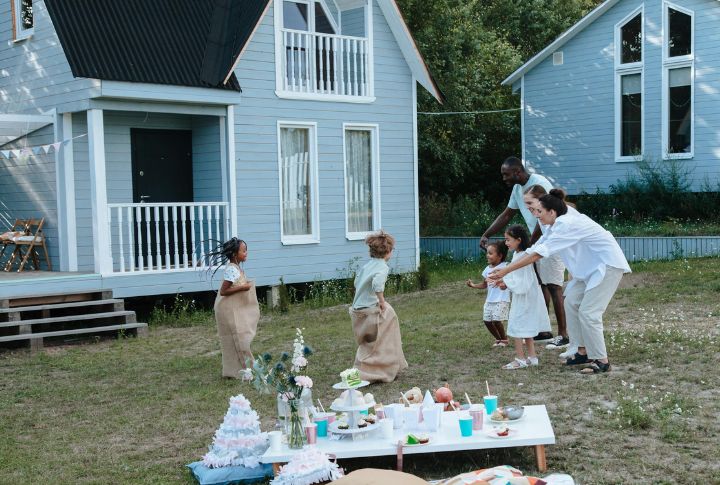Lifestyle
20 Things Baby Boomers Had That Made Life Better

Boomers experienced a world filled with opportunities and stability that shaped their lives in ways younger generations may never fully grasp. But as times evolve, comparisons spark debate—was their experience truly unmatched? The answer is yes. The advantages they had were undeniable, and the proof is here.
Economic Prosperity

Emerging after WWII, Boomers rode the wave of an economic renaissance fueled by industrial expansion, suburban growth, and high consumer demand. The post-war boom meant plentiful jobs and rising wages. Today’s economic era—marked by inflation and job volatility—offers a stark contrast to the Boomers’ era of prosperity.
Lower Cost Of Living

Whether purchasing a home or shopping for groceries, Boomers enjoyed a cost of living that was far more forgiving than today’s standards. In 1960, the average home price was around $11,900—less than a fraction of today’s cost. Rising housing costs and stagnant wages now create financial hurdles for younger generations.
Affordable Education

Attending college wasn’t synonymous with lifelong debt for Boomers. Tuition fees were manageable, allowing students to work part-time and graduate debt-free. Public funding and scholarships supported education access without predatory lending. In contrast, today’s students face an educational system that demands exorbitant costs, which leads to decades of financial strain for them.
Job Security

Boomers entered a workforce where job tenure, pensions, and employee loyalty mattered. Companies nurtured long-term employees, and corporate layoffs were rare. Unlike today’s gig economy and ever-shifting job market, Boomers could count on stable career progression with benefits—a stark difference from the volatile employment of younger generations.
Thriving Local Businesses

Boomers lived in an era where small businesses flourished, fostering community engagement and economic sustainability. Local shops and family-owned businesses were pillars of neighborhoods, offering personalized service and fair pricing. Today’s reliance on e-commerce giants and corporate chains has displaced this intimate consumer culture.
Simpler Times

The absence of smartphones and social media gifted Boomers with a more present and distraction-free life. Conversations were in-person, and entertainment was rooted in tangible experiences rather than fleeting digital consumption. The overstimulation of today’s hyper-connected world makes their simpler era seem refreshingly unburdened.
Close-Knit Communities

Neighborhoods functioned as extended families, with children playing freely and adults supporting one another. The reliance on community ties fostered trust and security. Modern urbanization and digital isolation have eroded these connections, leaving younger generations more socially detached despite virtual connectivity.
Fewer Subscription-Based Expenses

Paying monthly for TV, music, or even apps wasn’t a thing back then. Most entertainment and tools came with a one-time cost. Now, subscriptions stack up for everything—streaming, storage, software, which makes it harder to manage money and keep track of expenses.
The Golden Age Of Rock’ n’ Roll

Boomers lived through the rise of rock legends like The Beatles, Jimi Hendrix, and Led Zeppelin, experiencing firsthand the transformative power of music. Vinyl records and cultural movements shaped their youth in profound ways. While modern music is abundant, few eras can match the cultural impact of the Boomers’ musical revolution.
Diners And Soda Fountains

Gathering at diners and soda fountains wasn’t just about food—it was a cultural experience. These spaces were hubs of conversation, music, and youth rebellion, building camaraderie among Boomers. Today’s fast-paced dining industry lacks the nostalgia and warmth of these bygone establishments.
More Respect For Privacy

Life felt freer when no one was watching. Boomers weren’t being tracked, measured, or judged by invisible algorithms. They formed opinions in person, not in comments. Their moments didn’t disappear into data clouds—they simply happened, with meaning, and stayed theirs alone.
Affordable Healthcare

Employer-sponsored health insurance and lower medical costs made healthcare more manageable for Boomers. Unlike today’s system, riddled with high premiums and inaccessible treatments, Boomers benefited from an era where medical expenses didn’t spiral out of control, ensuring a healthier and more financially stable life.
Boomers Had Less Traffic Congestion

Back when Boomers were younger, roads were less crowded, and commuting was generally faster and more manageable. Urban sprawl and population growth have made traffic a daily headache for modern generations, with longer commutes and frequent gridlock becoming the norm.
Less Processed Foods In Their Diets

People back then ate more home-cooked meals and used fresh ingredients and local produce instead of processed foods. Traditional cooking was the norm, so diets had fewer ultra-processed options. This way of eating helped create healthier habits and a more balanced lifestyle overall.
More Hands-On Learning

Education wasn’t just about theory—Boomers learned practical skills in school, from home economics to shop class. These courses prepared students for real-world responsibilities. As modern curricula shift, the decline of hands-on education leaves younger generations less equipped for everyday life.
Stable Family Structures

Boomers grew up in a world where traditional family units provided emotional and financial security. While family dynamics have evolved, their generation experienced a time when stability was more common, which shaped childhood experiences in ways modern families often struggle to replicate.
Greater Political Influence

From civil rights movements to economic policy, Boomers wielded immense political power. Their voting strength and social activism left a lasting imprint on society, driving change in ways that younger generations, often feeling politically marginalized, may find difficult to replicate in today’s climate.
Better Work-Life Balance

Many Boomers experienced clearer boundaries between work and personal life compared to today. Although some faced long hours and limited vacations, the typical job structure allowed for distinct off-work time. This enabled periods of rest and personal activities that contributed to a balanced lifestyle.
Safer Childhoods

Boomers played outdoors without constant parental supervision or excessive safety concerns. Despite occasional societal fears like those during the Cold War, children enjoyed independence that helped build resilience, with fewer restrictions compared to both earlier and later generations.
More Affordable Travel

They enjoyed reasonably priced airfare and vacation options, allowing for accessible travel experiences. Today’s inflated travel costs, combined with increased financial instability, have made globe-trotting a luxury rather than an attainable adventure. This is just one more way Boomers had it better.

